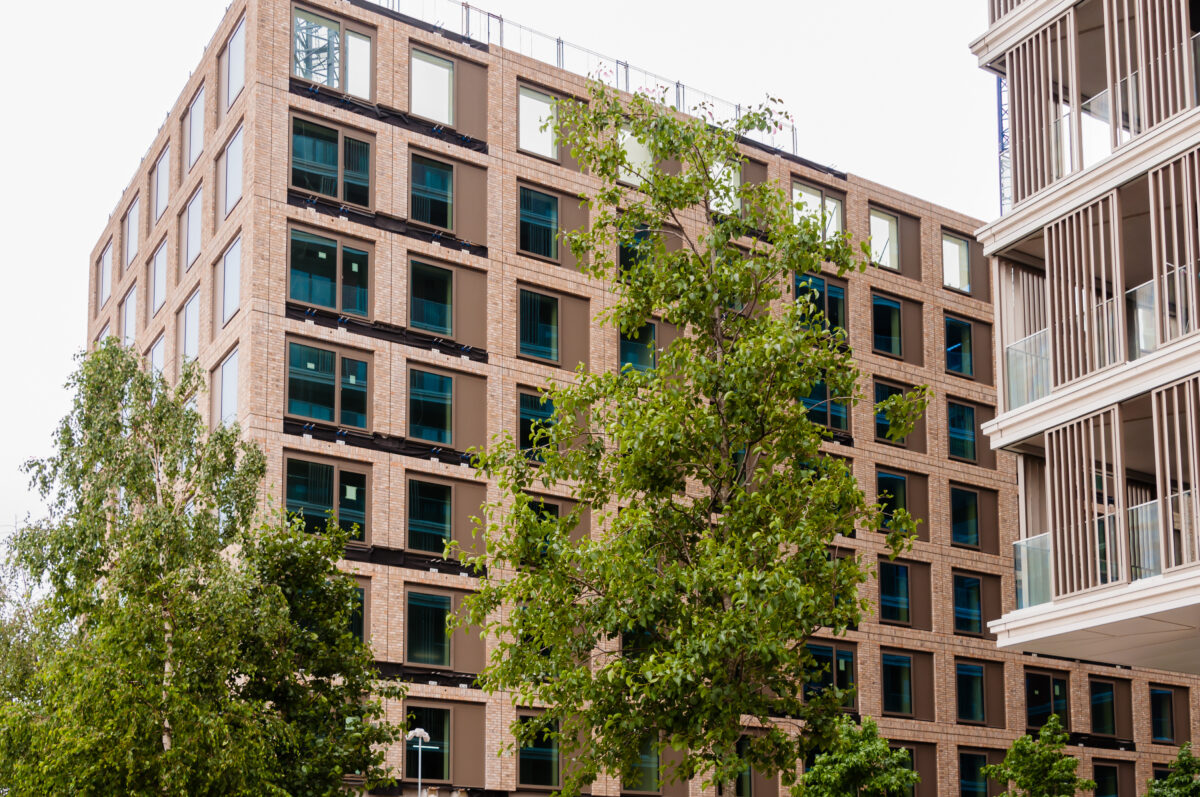Darren Bagnall from Manage Your Block looks at how being prepared can help to maintain order and reduce panic during an emergency.
Block-living can provide a great sense of community, but with so many people living in close proximity, emergencies can unfortunately be disastrous.
Emergencies usually happen without warning. Fires, floods, power outages and natural disasters are just a few examples. In blocks of flats, the impact of such events can be widespread – affecting multiple families and individuals.
Emergency preparedness is essential. It can save lives, reduce injuries and minimise damage to property.
Emergency kits, evacuation plans and effective communication all play a part. Here we will be outlining the steps residents can take to protect themselves and what property managers can do to ensure the safety of the residents in their care.
Creating an Emergency Kit
This is something every resident should have in their unit and should be actively encouraged.
Supplies should include:
- Two bottles of water per person
- Non-perishable, energy-rich food such as cereal bars and dried fruit
- An up to date first aid kit (items do expire so this should be checked annually)
- A supply of any prescription medications
- A torch (either a wind-up model or a battery powered one with plenty of spare batteries)
- A portable phone charger
Clothing, blankets, important documents (such as identification and insurance details), a small amount of cash and some personal hygiene items can also be included for true peace of mind.
Having a kit like this stashed in an easily accessible area can be indispensable in an emergency. It could allow a resident to stay safely in an emergency for as long as necessary, find an exit route or allow them to avoid the misery of replacing vital documentation damaged during the incident.
Possibly display the list above on notice boards and send round communications to this effect, encouraging residents to build their own kit.
Developing and Communicating Your Evacuation Plan
Ensure that escape routes are clearly signposted, lit by emergency lighting and reviewed regularly. Residents should be fully aware of their safest, fastest evacuation route and meeting point.
Routes should be designed with your fire safety assessments in mind. The building’s compartmentation should be utilised in full, with residents told to close all doors behind them as they exit the building.
Speed is of the essence, so rehearsing building evacuations is essential to make sure residents are familiar with the procedure. This can reduce panic and any confusion caused by a lack of visibility due to smoke.
Communication During Emergencies
In any emergency, communication is key. Using several forms of communication will mean that you reach as many residents as possible. Consider email, texting, social media announcements and calls for any vulnerable or elderly people.
For predictable incidents such as inclement weather, regular communication in the lead up will help to prepare your residents. Make them aware of the safety features of the building to put minds at ease. Let them know the emergency numbers to call if there is an issue and encourage them to organise their emergency kits.
You can sign up for local emergency notifications and encourage residents to do the same – this includes updates from the national grid and local water suppliers. Local authorities and emergency services often communicate real-time updates and advice via social media so make sure you follow the relevant accounts.
Most emergencies of course are not predictable. Ensuring a cloud-based system for your resident records is essential. If you can access your databases from anywhere, then you will be able to stay in touch with everyone should people scatter. Leverage any social media community groups that you or your residents have created for the building.
Conclusion
Emergency preparedness is essential for the safety and well-being of all residents of blocks of flats. By creating an emergency kit, developing a comprehensive evacuation plan and staying informed during emergencies, residents can ensure they are ready to handle unexpected situations. Preparedness helps maintain a sense of calm and order when emergencies occur, which in turn can protect lives.
Manage Your Block aren’t here to tell you how to run your block of flats, but we can provide you with highly specialised software to make the management of your block much easier. Call us for more details on 0333 577 9070 or email info@manageyourblock.co.uk.


